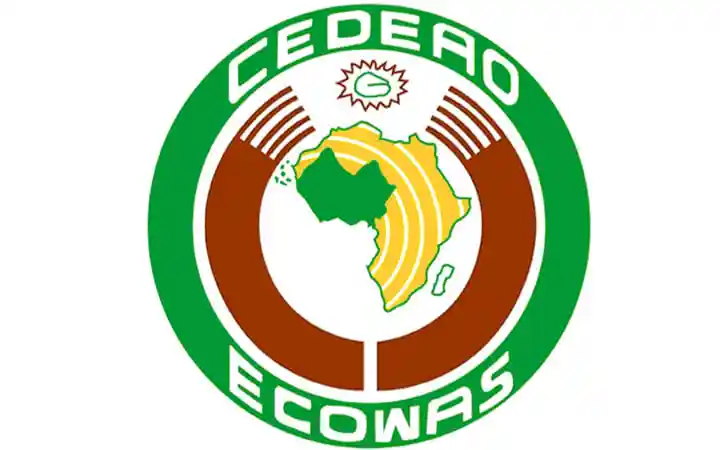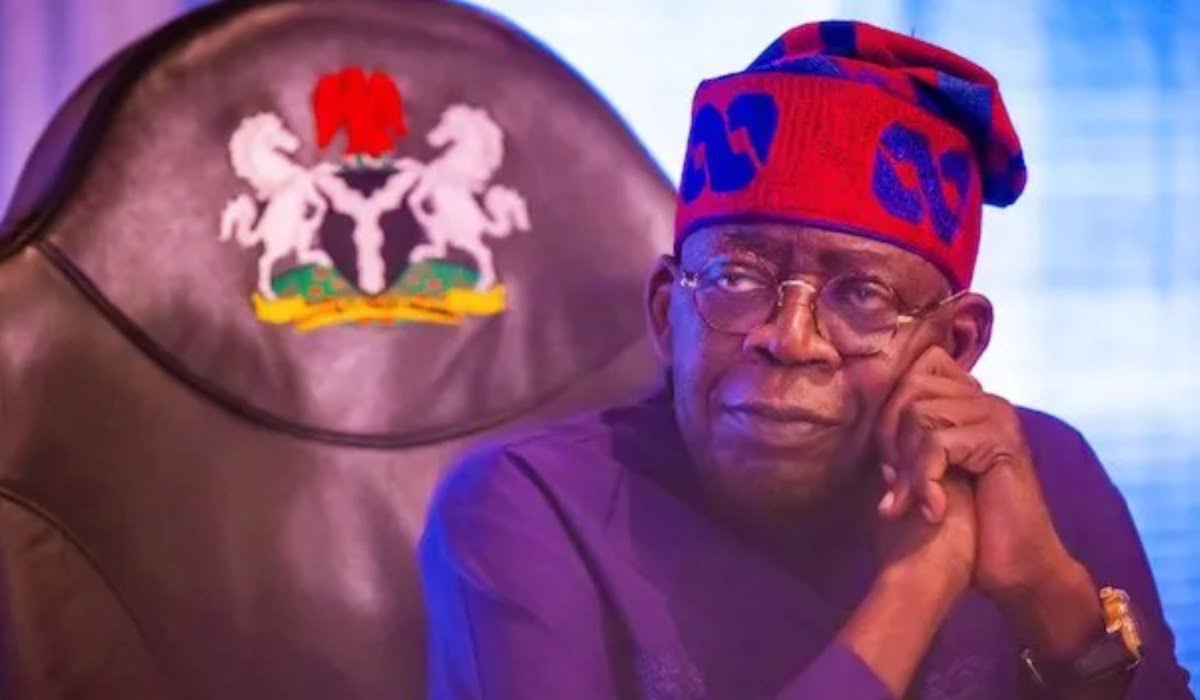ECOWAS Lifts Economic Sanctions on Four Member States, Maintains Political Restrictions.
Abuja, Nigeria – February 24, 2024 – The Economic Community of West African States (ECOWAS) announced the removal of economic sanctions on Niger Republic, Burkina Faso, Mali, and Guinea following an extraordinary summit held today in Abuja, Nigeria. The summit focused on the political, security, and peace conditions within the regional bloc.
This decision marks a significant shift in ECOWAS’s response to recent coups in the aforementioned countries. The regional body had previously imposed economic sanctions – including travel bans and asset freezes – on the governments installed after the coups, aiming to pressure a swift return to civilian rule.
Read Also: BREAKING: ECOWAS Lifts Sanctions On Niger, Burkina Faso, Mali, Guinea
However, the economic sanctions have generated controversy, with critics arguing that they disproportionately impacted ordinary citizens and hindered regional trade. The decision to lift them comes amidst continued tensions between ECOWAS and the four countries.
Full Text Of President Tinubu’s Address At ECOWAS Extraordinary Summit
According to reports from the summit, ECOWAS stressed that political and targeted sanctions remain in place. These targeted measures primarily focus on individual leaders and members of the military involved in the coups, rather than the broader population.
The summit also highlighted ECOWAS’s commitment to engaging with the transitional authorities in the four countries and supporting them through the process of restoring democratic order.
While welcoming the removal of the economic sanctions, regional analysts remain cautious, acknowledging the complex political landscape and the ongoing challenges facing the countries in question.
The summit’s outcome signifies a shift in ECOWAS’s strategy, with a renewed focus on dialogue and engagement alongside the enforcement of targeted measures. It remains to be seen whether this approach will prove successful in facilitating a smooth transition back to democratic rule in the affected countries.









